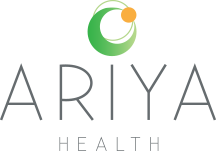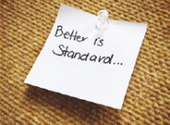CUSTOM D-RIBOSE POWDER

Description
CUSTOM BLEND D-RIBOSE 250G - CONTAINER
PLEASE NOTE WE DO NOT ISSUE CREDITS FOR INCORRECTLY ORDERED CUSTOM NUTRIENTS, SO PLEASE BE SURE YOU ARE ORDERING THE CORRECT PRODUCT.
Ribose is a Pentose (five Carbon unit) Monosaccharide Simple Sugar. It is primarily utilized in the manufacture of endogenous chemicals and very little dietary Ribose is used as an energy source.
Ribose is used to improve athletic performance and the ability to exercise by boosting muscle energy. It has also been used to improve symptoms of chronic fatigue syndrome (CFS), fibromyalgia, and coronary artery disease. Ribose has been used to prevent symptoms such as cramping, pain, and stiffness after exercise in people with an inherited disorder called myoadenylate deaminase deficiency (MAD) or AMP deaminase deficiency (AMPD deficiency).
Dosage Recommendations
The average physically active person has approximately 1.6 mg of Ribose per 100 ml of Blood.
Therapeutic Dosage
Athletes seeking to enhance their Energy production (via increased Adenosine Triphopshate (ATP) production is 2,000 - 5,000 mg per day.
Persons seeking to prevent Cardiovascular Disease is 5,000 mg per day.
Ischemic Heart Disease is 10,000 ? 15,000 mg per day.
Advanced Ischemic Heart Disease, Dilated Cardiomyopathy, or persons awaiting a Heart transplant is 10,000 ? 15,000 mg per day.
Side Effects & Safety
Ribose seems to be LIKELY SAFE for most people when taken by mouth for short-term use or when given intravenously (by IV) by a healthcare provider. It can cause some side effects including diarrhea, stomach discomfort, nausea, headache, and low blood sugar.
There isn?t enough information about the safety of long-term use.
Special Precautions & Warnings:
Pregnancy and breast-feeding: There is not enough reliable information about the safety of taking ribose if you are pregnant or breast-feeding. Stay on the safe side and avoid use.
Diabetes: Ribose might lower blood sugar. When used along with diabetes medications that lower blood sugar, it might make blood sugar drop too low. It?s best not to use ribose if you have diabetes.
Low blood sugar (hypoglycemia): Ribose might lower blood sugar. If you already have blood sugar that is too low, don?t take ribose.
Surgery: Since ribose might lower blood sugar, there is a concern that it might interfere with blood sugar control during and after surgery. Stop taking ribose at least 2 weeks before a scheduled surgery.






